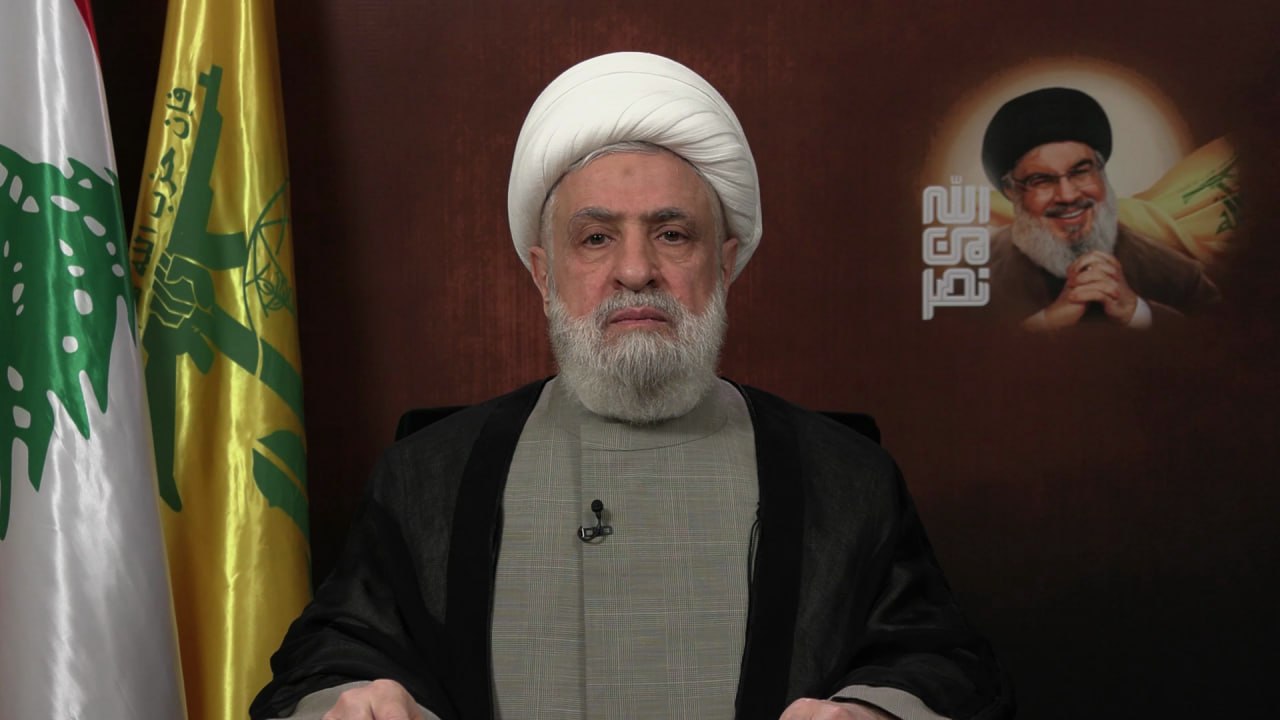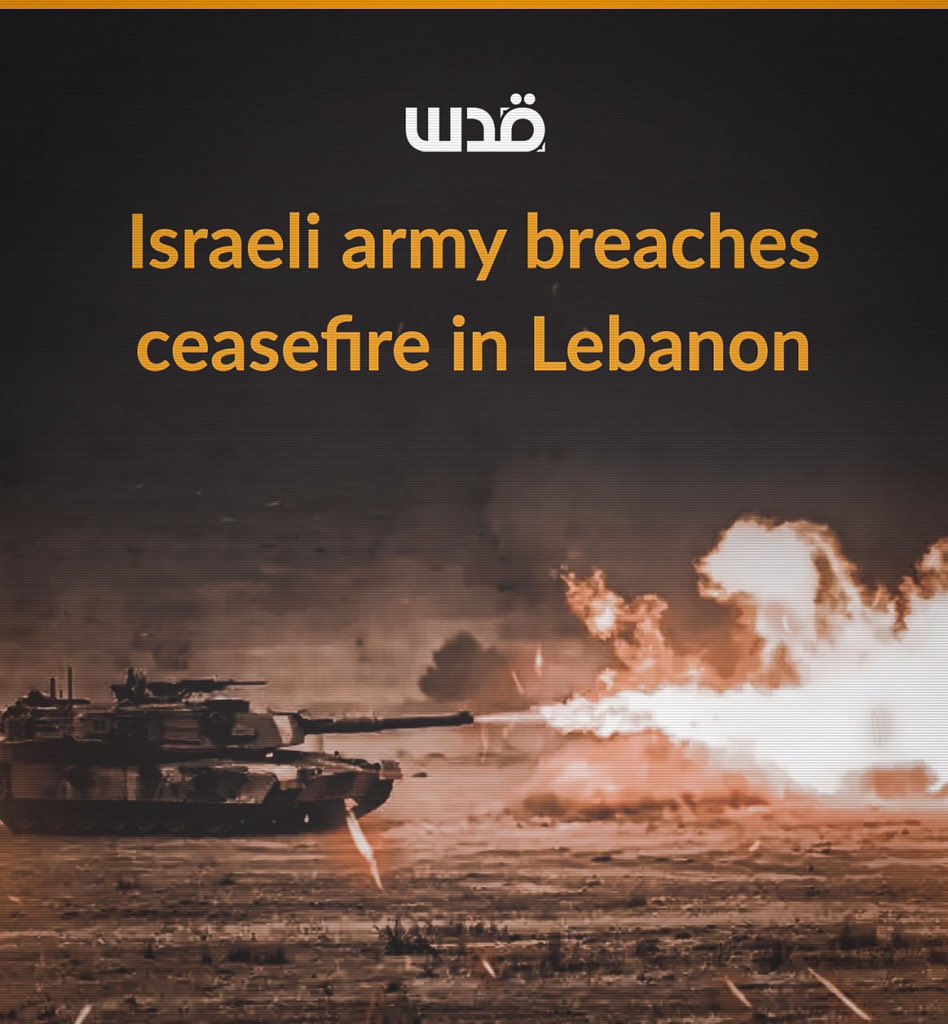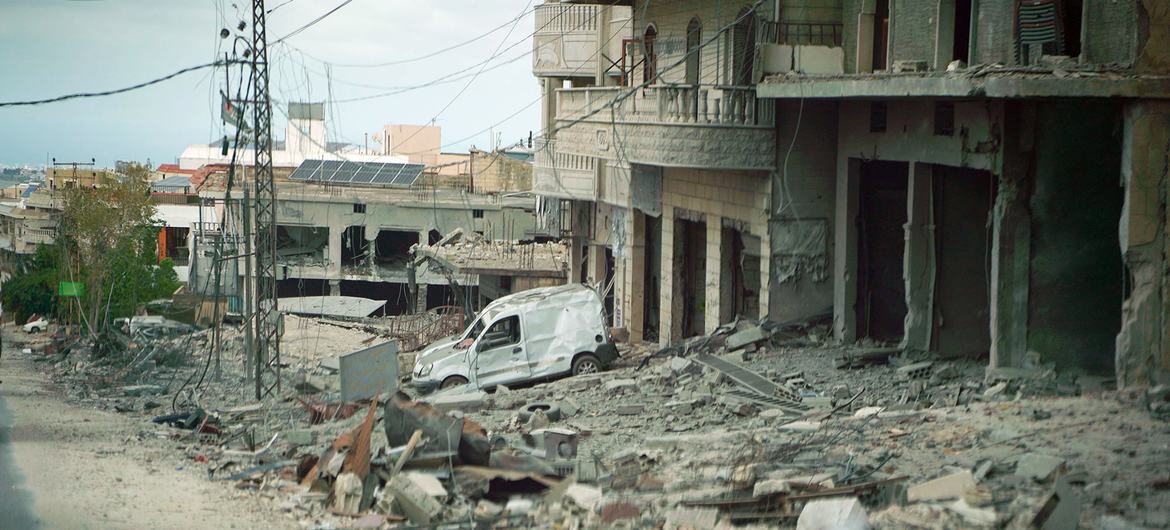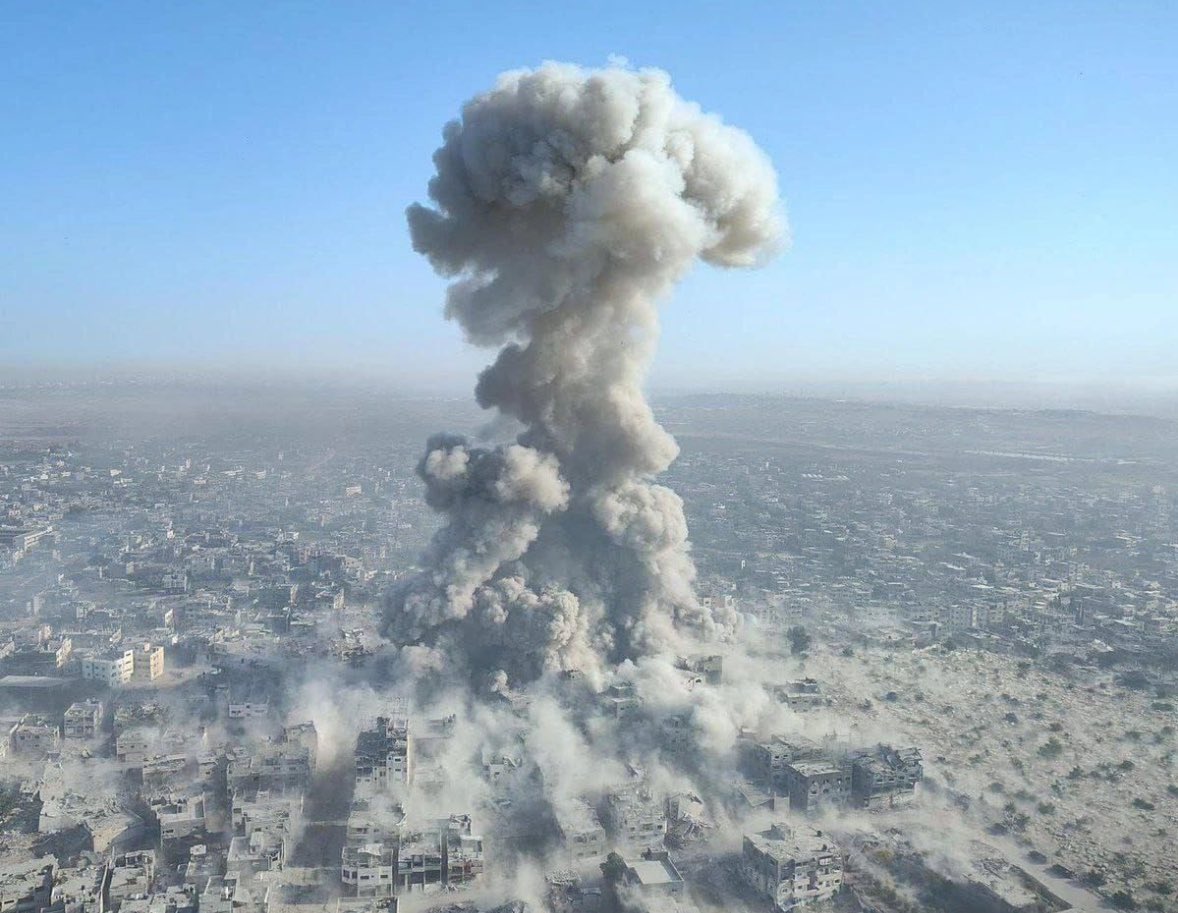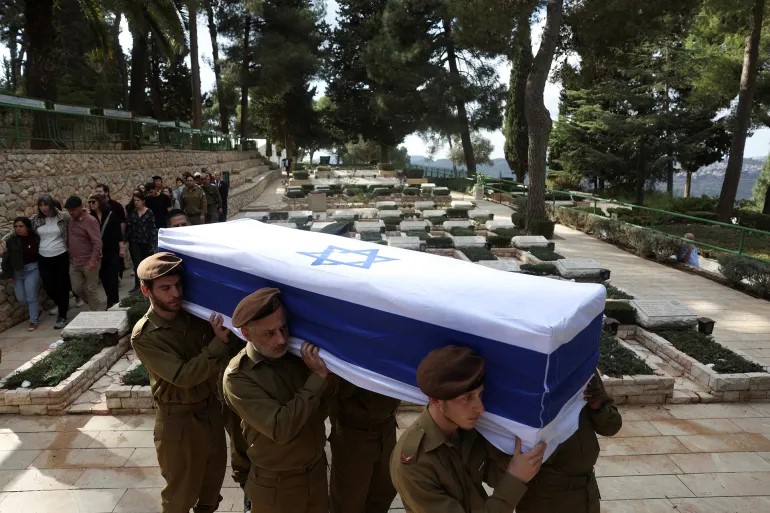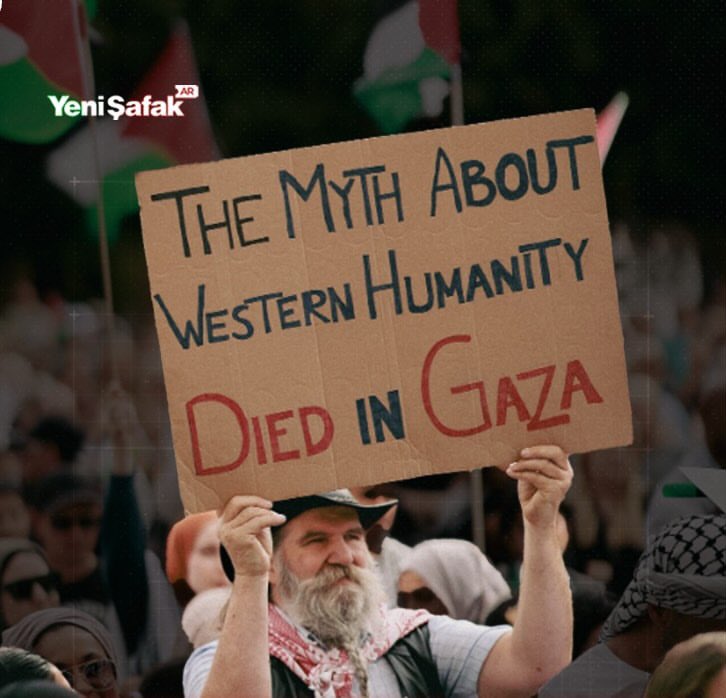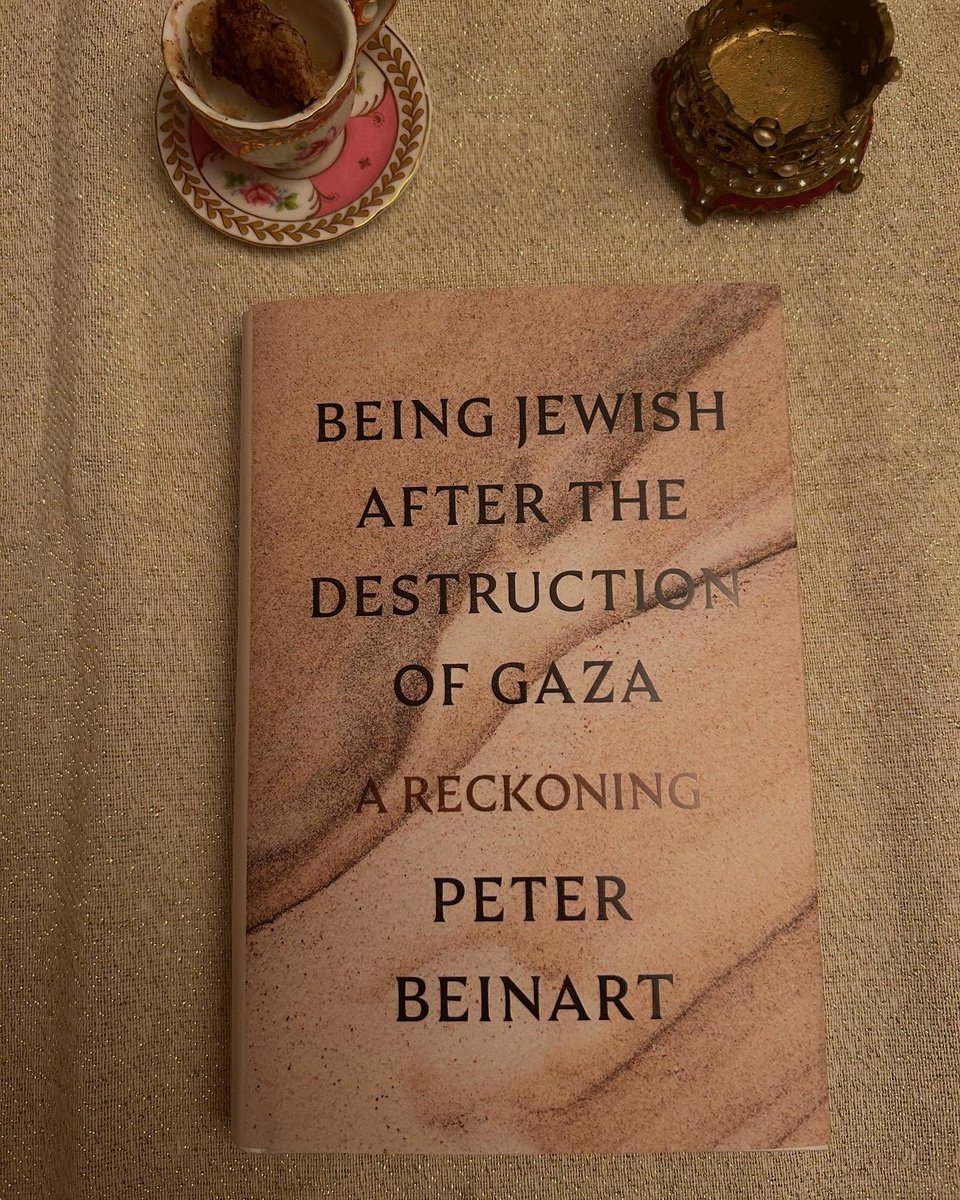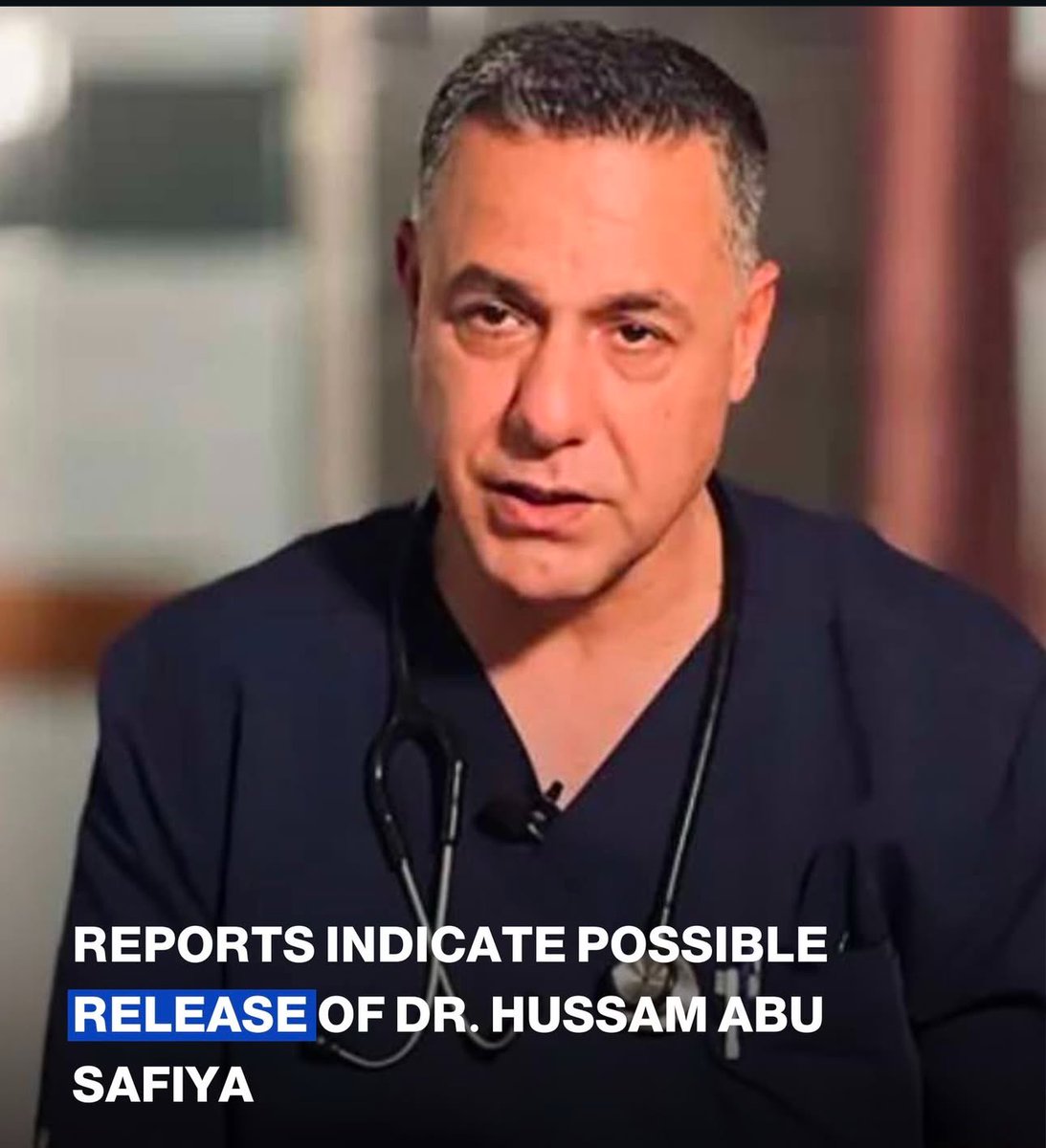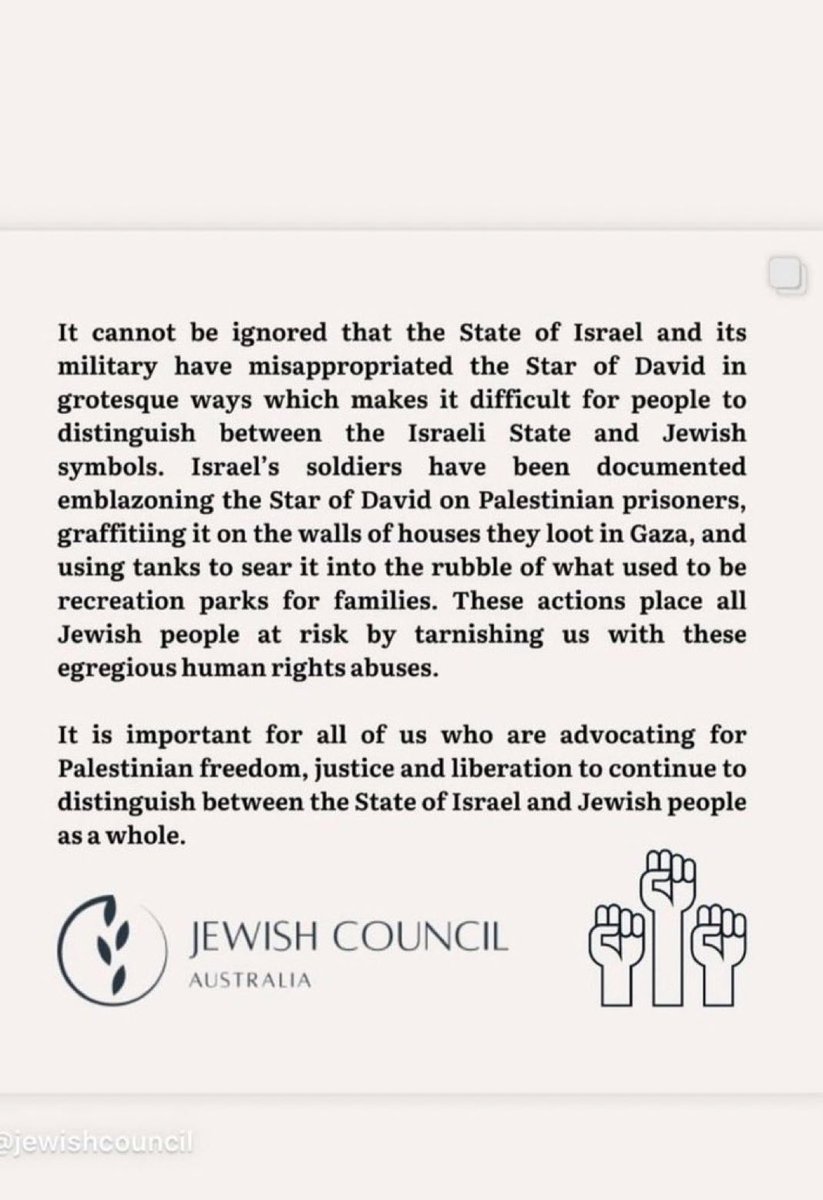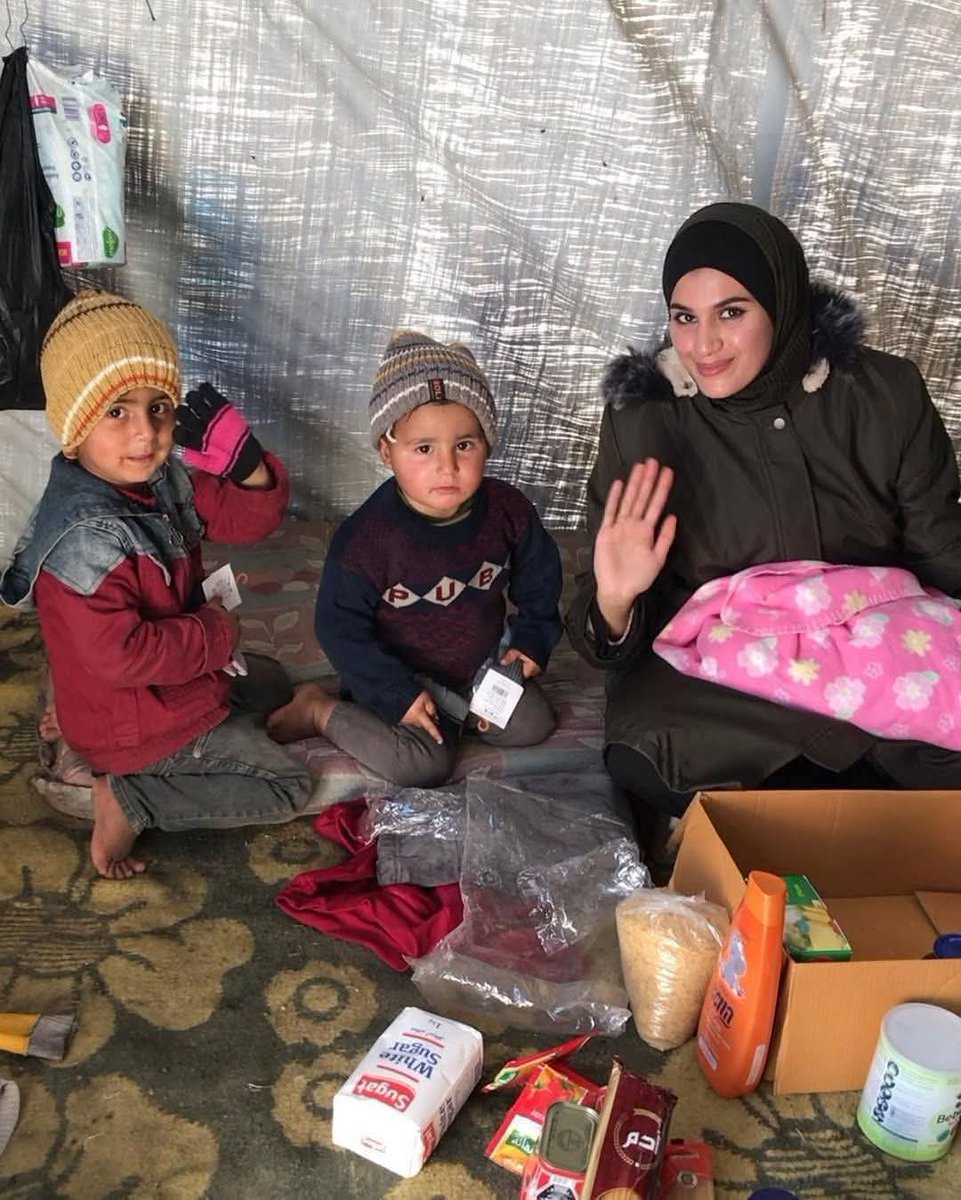Naim Qassem: ‘Hezbollah Achieved a Great Victory…’
Hezbollah’s Secretary-General Naim Qassem confirmed that the party achieved a great victory over the Israeli occupation, and stressed the continuation of support for Palestine in various forms, and presented five pledges for the post-war period, including assistance in reconstruction, and completing the contract of constitutional institutions, most notably the election of a president for the republic.
On the third and fourth pledges, Qassem said; Our national work will be in cooperation with all forces that believe that the homeland belongs to all its sons, and we will also cooperate and dialogue with all forces that want to build a unified Lebanon on the basis of the Taif Agreement.
In his first speech after the ceasefire in Lebanon he said: “I decided to announce as a result, officially and clearly, we’ve one a great victory that exceeds the victory of July 2006.”
Qassem added: “We won because we prevented the enemy from destroying Hezbollah, we won because we prevented it from ending the resistance and/or weakening it…”
Qassem also attributed the victory to the long duration of the Israeli aggression, the ferocity of the battle, and the sacrifices made by the Lebanese, in addition to the American and Western support provided to Israel.
Sheikh Qassem also pointed out that Israel suffered heavy losses in its battle with Lebanon, as a result of the strikes directed at it by Hezbollah, and hundreds of thousands were displaced from northern Israel, and because of the resistance’s steadfastness, Israel’s horizon was blocked.
Hezbollah’s Secretary-General added in his speech that in light of what he called the defeat surrounding Israel, the ceasefire agreement came, which he said was “not a treaty or a new agreement that requires the signature of countries, but rather a program of procedures related to the implementation of Resolution 1701.”
He said that the agreement confirms the withdrawal of the Israeli army from all the places it occupied and the deployment of the Lebanese army in the south of the Litani River to assume its responsibility for security and for expelling the enemy from the region.” He also confirmed that Hezbollah will coordinate with the Lebanese army.
Sheikh Qassem also noted in his speech that “the agreement was made under the umbrella of Lebanese sovereignty, and we agreed to it with our heads held high in our right to defend ourselves.”
On 27 November, 2024, a ceasefire agreement between Hezbollah and the Israeli army came into effect after months of mutual military operations between the two parties due to Hezbollah’s support for the Gaza front after Operation Flood of Al-Aqsa.
On the other hand, he stressed the continuation of the Lebanese resistance’s support for Palestine, and said: “Our support for Palestine will not stop and be in different forms.” In the same context, he recalled when Hezbollah began supporting the resistance in the Gaza Strip, it repeated it did not want war, but confirmed that it was ready if it was imposed on it.
Next stage
Sheikh Qassem spoke about the next stage, and made five pledges for the post-war stage, including assistance in reconstruction, and completing the constitutional institutions, most notably the election of a president for the republic, expressing his hope to achieve this on the scheduled date of 9 January, and said that the party’s presence in political and social life will be effective and influential in keeping with the country’s circumstances.
Regarding the third and fourth pledges, Qassem said: “Our national work will be in cooperation with all forces that believe that the homeland belongs to all its sons, and we will cooperate and speak with all forces that want to build a unified Lebanon on the basis of the Taif Agreement,” adding that “to those who bet on weakening the party, we regret that their bets failed.”
In his speech, the Secretary-General of Hezbollah also thanked Iran, Yemen and Iraq, according to Al Jazeera.

